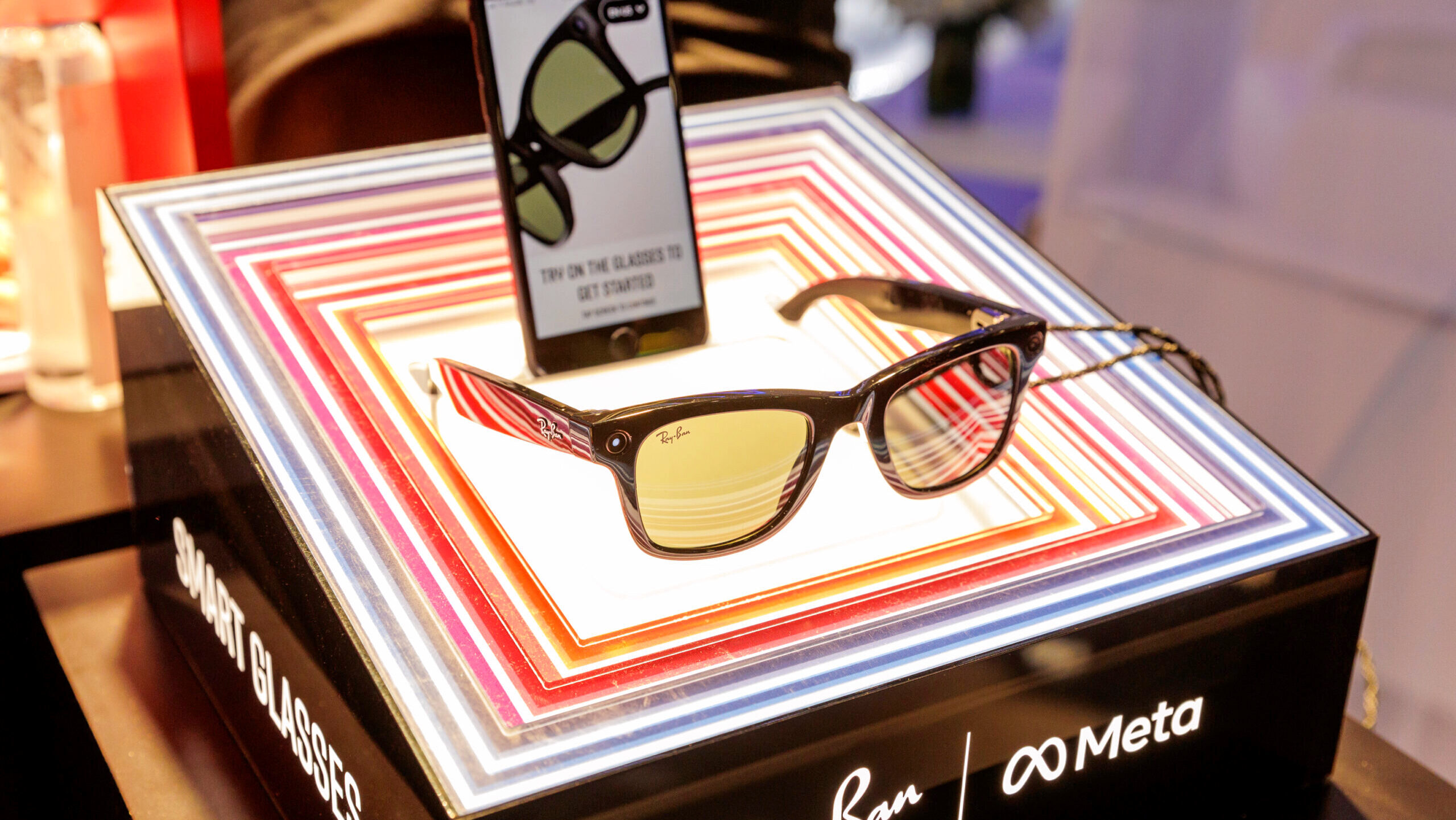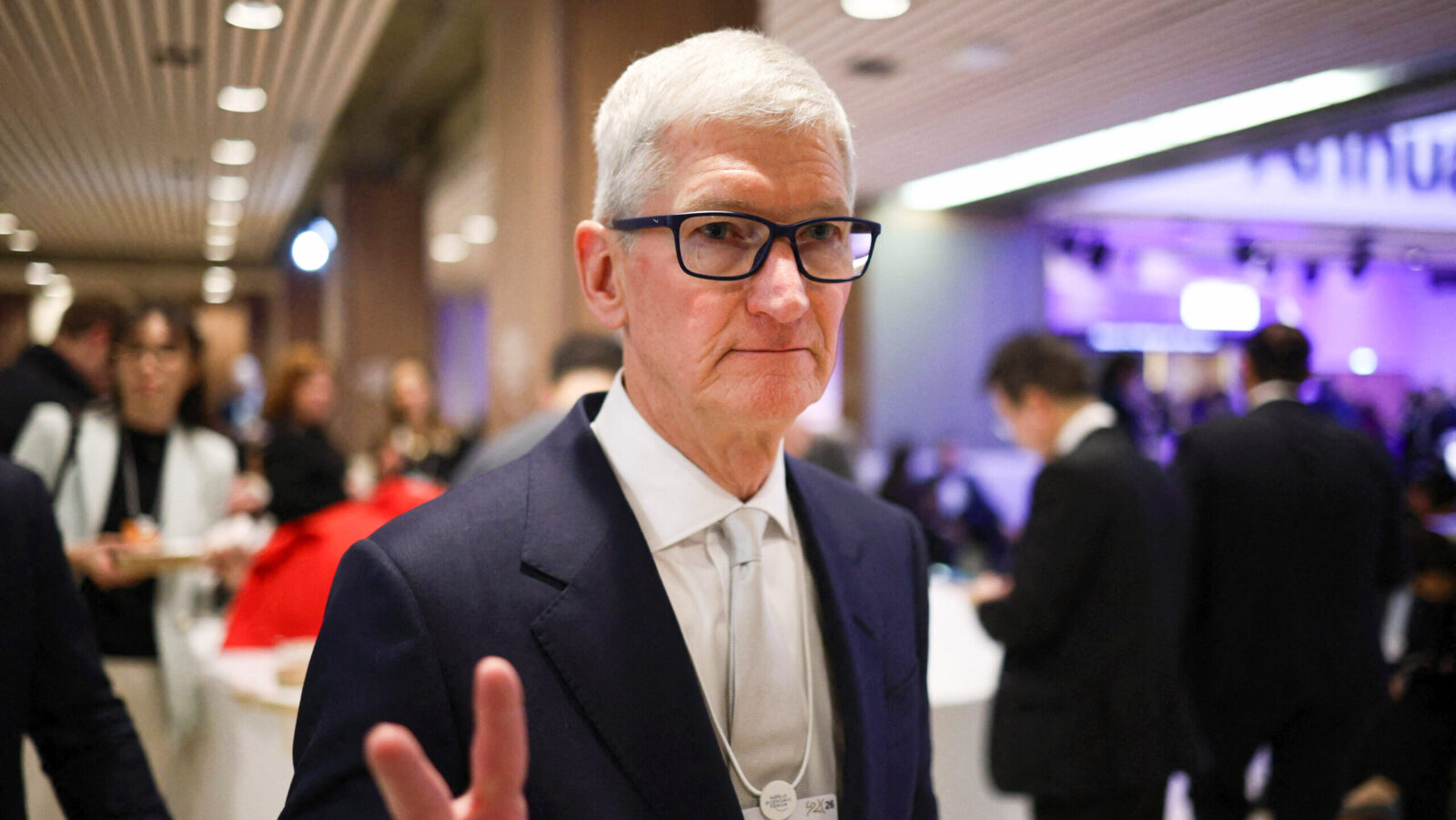Meta Focuses on New Smart(er) Glasses
As Meta’s market cap hovers near the $2 trillion mark, a successful launch of its glasses could put the tech giant over the edge.

Sign up for smart news, insights, and analysis on the biggest financial stories of the day.
If you’re chatting with someone who keeps looking down and to the right … they might be secretly looking at photos of their dog. Meta’s “Hypernova” glasses, set to be released as soon as next month, will feature a display for accessing apps and pics in the lower right corner.
The glasses will cost $800, Bloomberg reported this week. That’s a significant drop from previous reports of up to $1,400, a profit-trade off that Meta hopes will spur sales of the new tech by winning it a spot on holiday wish lists.
As Meta’s market cap hovers near the $2 trillion mark, a successful launch of its Tony Stark-esque glasses could put the tech giant over the edge.
Expanding Field of Vision
The global market for smart glasses was worth nearly $2 billion last year and will more than quadruple by 2030, Grand View Research predicts. North America makes up the biggest chunk of the market, with more than a third of last year’s sales, and Meta dominates the space:
- Counterpoint Research found Meta commands nearly three-quarters of the smart glasses market, with sales of its Ray-Ban mixed-reality glasses jumping 200% in the first half of this year from the same period in 2024. The social media company revealed in February that it sold more than 2 million pairs of its first-generation smart glasses.
- CEO Mark Zuckerberg said he expects glasses to become a “primary computing device.” In a show of its continued support for the tech, Meta invested $3.5 billion in its glasses-making partner EssilorLuxottica last month.
Far Sighted: Tech giants have been pushing for smart glasses to make it into the mainstream for more than a decade (flops include Google Glass and Snapchat Spectacles), and Meta’s starting to see its vision come into focus. This year, AI has juiced enthusiasm for smart glasses as tech companies race to make the ultimate AI companion device. Meta’s glasses use AI to answer queries about what its wearer is looking at or live-translate conversations. OpenAI has also teased a future of AI companion devices, though it didn’t specify what kind, and Google’s developing AI glasses with Warby Parker.











